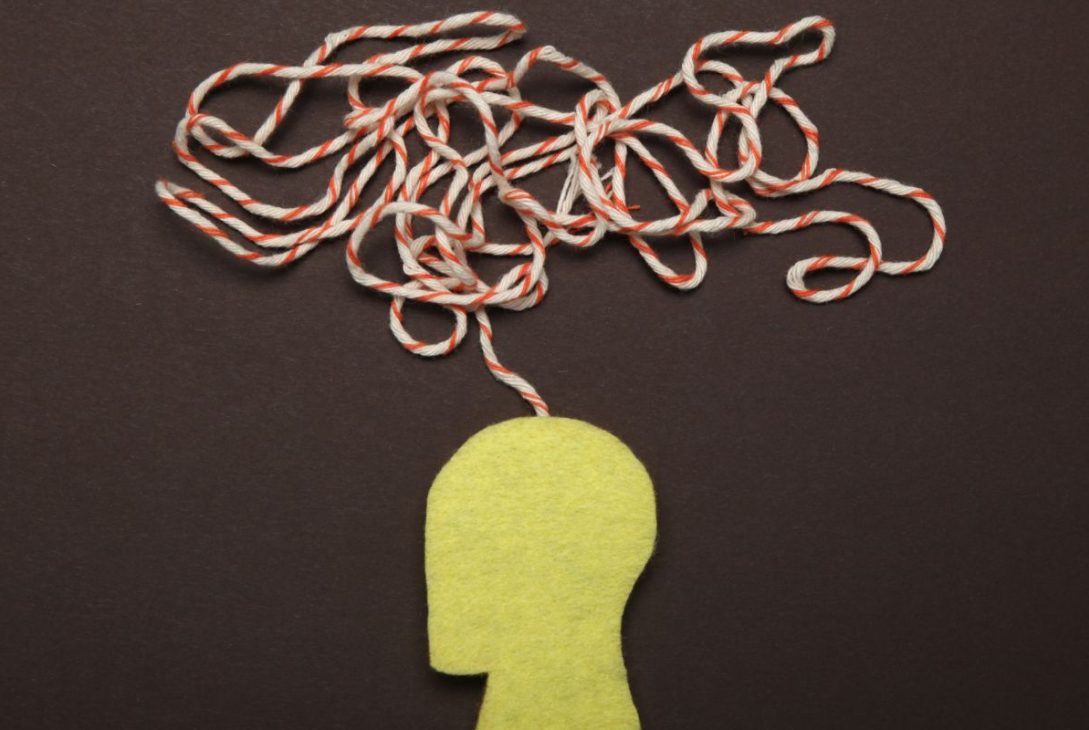How Anxiety & Depression Symptoms Arise
Before we can effectively tackle anxiety and depression, it is important to understand these conditions and their underlying causes. Anxiety is characterized by one constantly feeling worried, scared, and uneasy. It can manifest as physical symptoms such as rapid heartbeat, shortness of breath, and excessive sweating.
On the other hand, depression is a persistent state of sadness, loss of interest, and lack of motivation. It can lead to feelings of hopelessness and can greatly impact one’s ability to function in everyday life.
Two Techniques That Counter Negative Thoughts
Negative thoughts often play a significant role in perpetuating both anxiety and depression. We need to develop techniques to counteract these harmful patterns and replace them with more positive and constructive thoughts.
a) Cognitive-behavioral therapy (CBT) is an approach which helps individuals identify negative thought patterns, replacing them with healthier alternatives.
By challenging negative beliefs and reframing them in a more positive light, individuals can gradually overcome their anxiety and depression.
b) Another effective technique is practicing mindfulness and meditation.
Since these practices encourage individuals to focus on the present moment, they will learn to develop non-judgmental attitudes towards their thoughts or emotions.
Through mindfulness practices, individuals will better observe their negative thoughts without getting caught up in them.
By consistently practicing these techniques, individuals can regain control over their thoughts and emotions, ultimately alleviating anxiety and depression.
Your Mental Strength Is Key!
Building resilience is absolutely key. Resilience refers to an individual’s ability to bounce back from adversity and maintain mental well-being. One effective strategy for building resilience is to develop a strong support system. Surrounding oneself with positive and understanding individuals can help provide emotional support and perspective during difficult times.
As we discussed in “Outdoor Workouts: Embrace Nature for a Healthier You,” engaging in regular physical exercise has been shown to have a positive impact on mental health. Exercise releases endorphins, which are natural mood boosters, and can reduce stress and anxiety. Activities that bring joy and fulfillment, such as hobbies or volunteer work, can also contribute to building resilience and improving overall mental strength.
Happiness Coincides With A Balanced Life
Although anxiety and depression can feel overwhelming, it is important to remember that there is hope for a brighter future. Furthermore, by implementing proven techniques to overcome negative thoughts, individuals can regain control of their lives and regain their happiness.
Please Do Not Forget!
Seeking support from professionals and loved ones is necessary in this journey. With determination, patience, and the right tools, you can conquer anxiety and depression. Leave your thought, questions, or concerns below.















